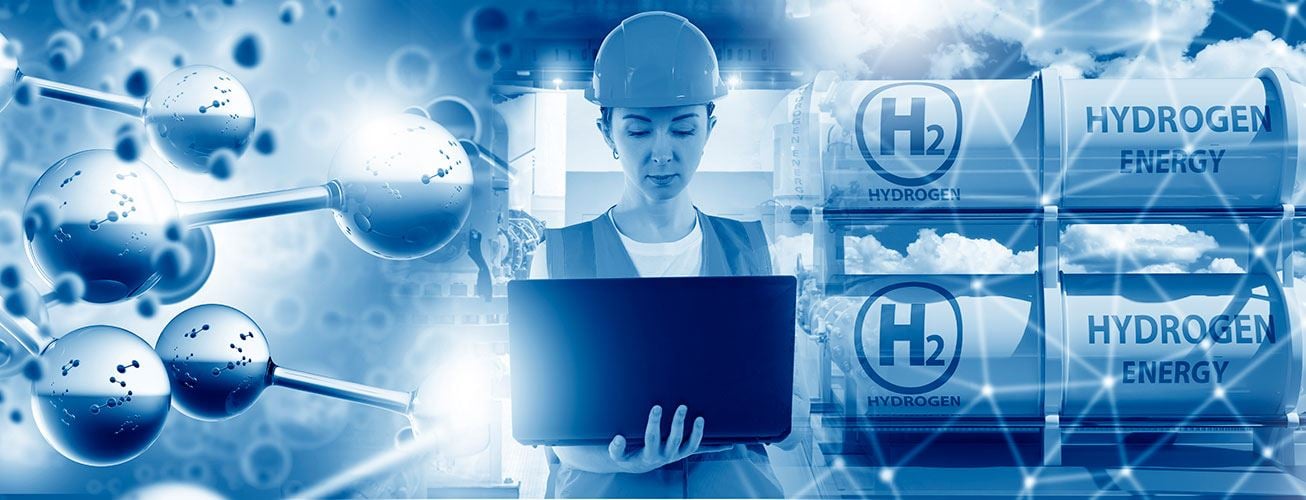
The use of hydrogen as an energy carrier is one of the most promising de-carbonisation strategieswithin the energy supply sector. However, it is widely recognised that transporting hydrogen is very challenging. To ensure safe and reliable hydrogen transport, the performance of the materials used in the infrastructure must be well understood. While the damaging embrittlement effects of hydrogen on some metals is reported, much less has been presented about the effects of hydrogen on polymer and composite materials, which are essential in transport infrastructure.
The Pol(Hy)mer project led by SINTEF will create knowledge on the interactions between polymer materials (and multimaterial structures which include polymers) and hydrogen streams. This knowledge will aid proper selection of polymer-based materials to minimize leakage and component failure.
The goal will be pursued by implementing a multilevel approach, spanning from experimental characterization of how representative polymers interact with i) pure hydrogen, ii) hydrogen combined with natural gas, and iii) ammonia as a hydrogen energy carrier, to fundamental modelling to predict this behaviour in other application scenarios. Synergy between the levels will give improved understanding of the effect of hydrogen on polymeric materials, providing much needed knowledge for the design of efficient and reliable hydrogen handling, storage and transport systems.

